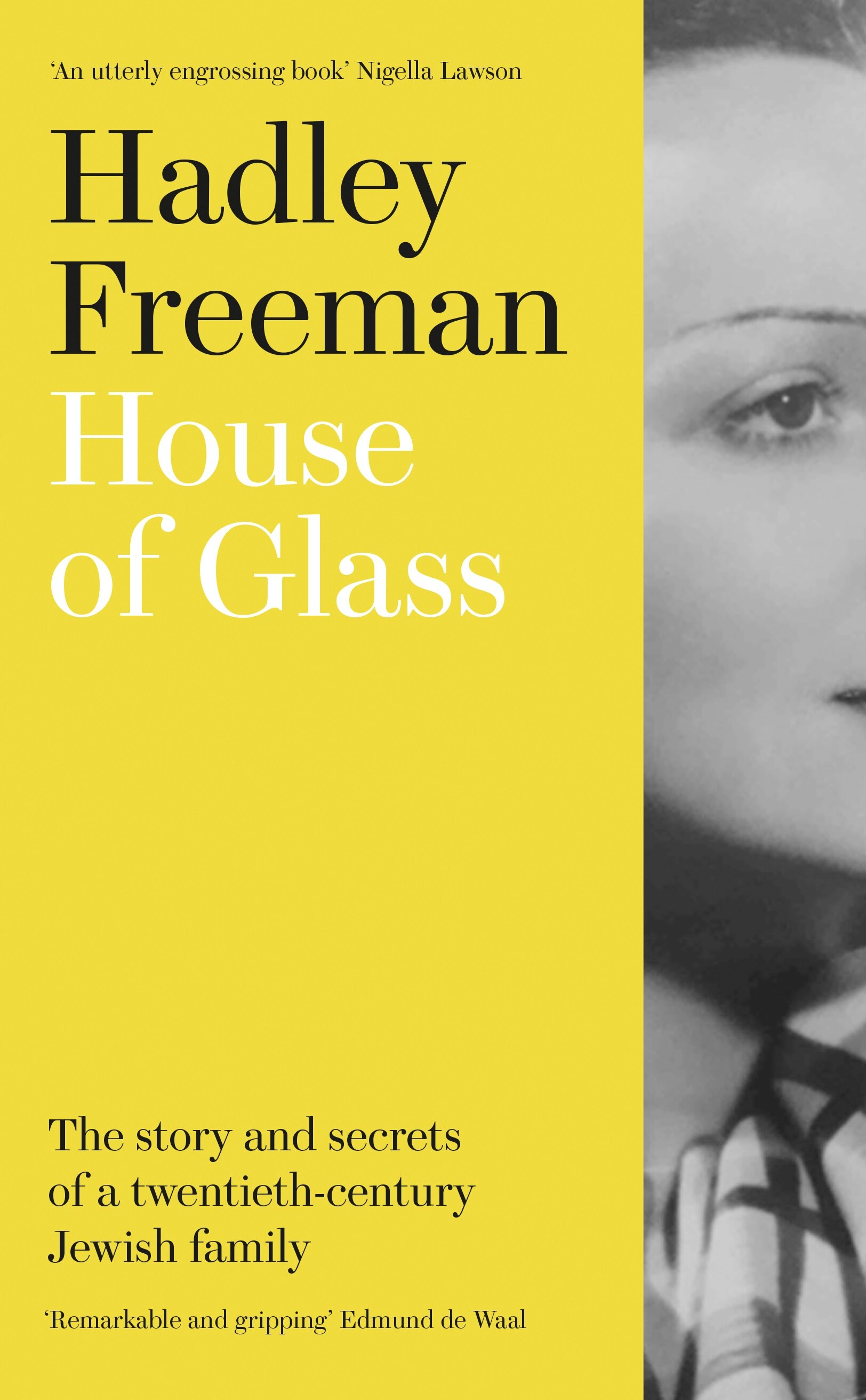The comedian and actor Robert Webb has followed his well-received memoir How Not to Be a Boy (TLS, September 15, 2017) with a time-travelling novel, Come Again. Webb’s heroine is the forty-five-year-old Kate Marsden, an IT specialist whose husband has recently dropped dead from a brain tumour. Kate is plunged into overwhelming grief, and Webb is very good on her anger at those friends who wish to pull her out of it. She rails against anything that might cheer her up, not least “Lunch. Fuck off, lunch”.
Webb also makes a good attempt to inhabit a woman’s body, neither over-eroticizing his heroine nor exaggerating her basic bodily functions in an effort to make them sound authentic. Kate also reveals the mystery behind so-called women’s intuition, saying, “I call it paying attention. Women are interested in how funny men’s minds work because we might need that knowledge to survive. So we end up anticipating things and it looks like a magic trick”





